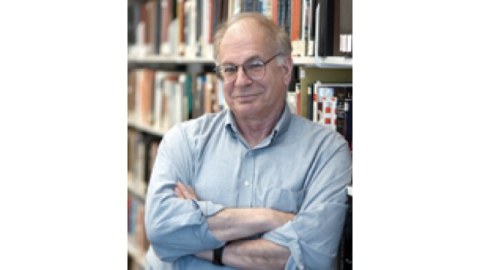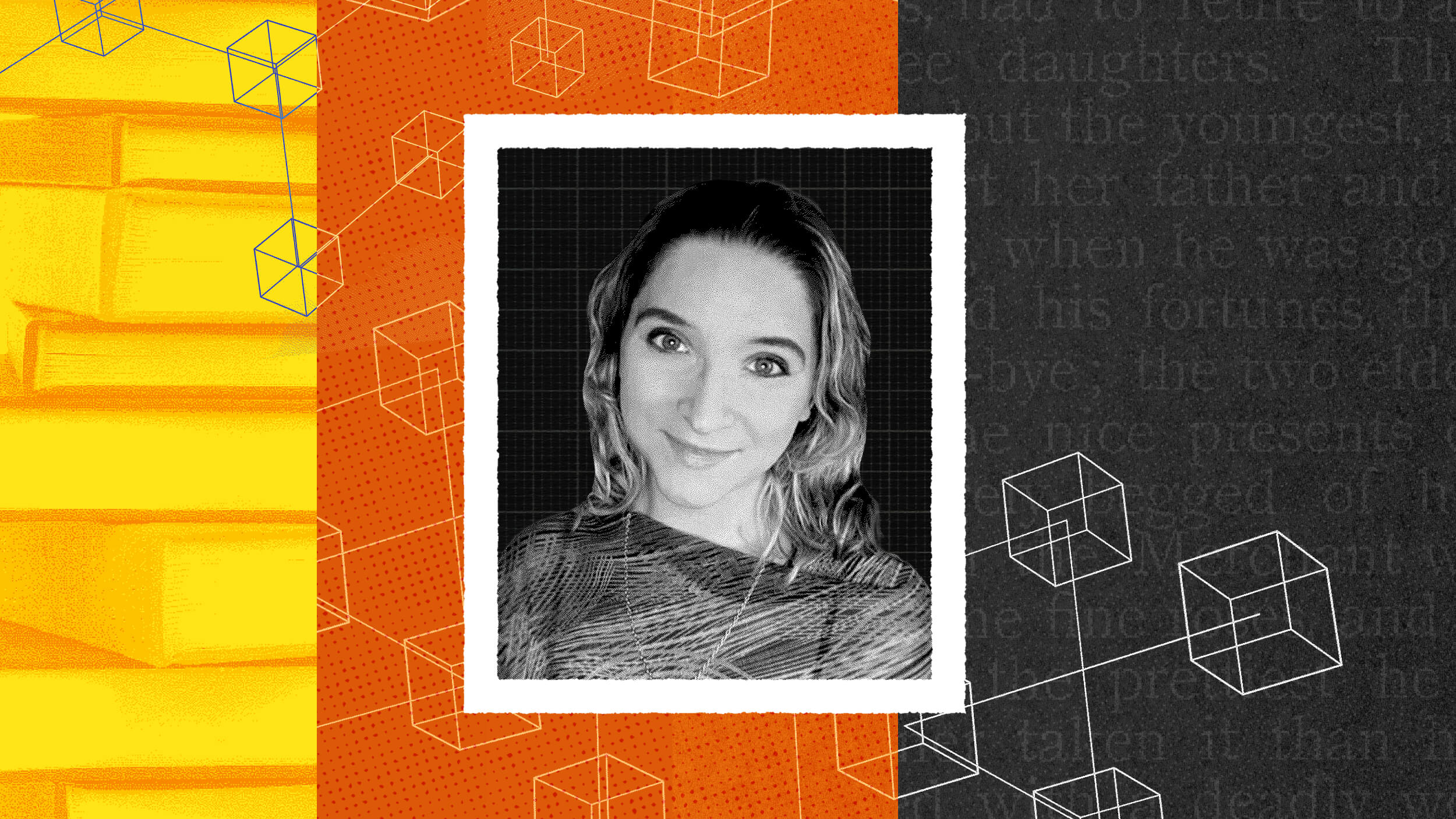Lewis on Kahneman: The Merits of Intellectual Self-Torture

“As a man is,” wrote William Blake, “so he sees. As the eye is formed, such are its powers.” No doubt my tumultuous childhood is a part of the reason I find long-term investment advice rather funny. “Do this for 40 years and be assured of a sound retirement.” Really? Who thinks we can be sure what will happen next week across the street, much less in the global economy four decades hence? Such are my biases, which I try to fight. I think I might get better at that effort now that I’ve read Michael Lewis’ charming piece, in next month’s Vanity Fair, on Daniel Kahneman.
Kahneman, of course, won the Nobel Price in Economics in 2002 for his work with the late Amos Tversky, which demonstrated the predictable but non-rational ways in which human minds work. Their work is at the root of much of what I write about on this blog—research in the mind and social sciences that describes, in ever-greater volume and detail, how the human mind in action is different from the Enlightenment model which we’re presumed to use by markets, courts, hospitals, election commissions and other institutions of modern life. The occasion is Kahneman’s fascinating new book, Thinking, Fast and Slow, which I’m reading now and about which I’ll have more to blog soon.
Kahneman’s eye was formed in part by his childhood as a Jew in Nazi-occupied France, which was, as Lewis puts it, “punctuated by dramatic examples of the unpredictability of human behavior and the role of accident in life.” This hardly makes him unique, of course: A generation of people born in Europe in the 1920s and 1930s saw certainty and order yield to frenzy and chaos in the same way. And childhoods don’t explain adult lives in any simple way.
Yet it’s hard to believe that one’s early experiences of life don’t leave any trail. Perhaps it’s most visible when one encounters people with other histories, and other prejudices, and thinks, “wait a minute, you think life is like that?” (Reading Lewis I was reminded of one source of Nassim Nicholas Taleb’s disdain for claims that experts can master uncertainty: He grew up in Lebanon, the peaceful, secular Switzerland of the Middle East—until, one day when he was a teen-ager, it suddenly wasn’t that any more.)
Lewis turns out to have met Kahneman years ago, so he writes wisely, from depth of acquaintance, neither skirting the man’s biography nor using it as some kind of reductive explanation of what he’s all about. In fact, Lewis stresses how much Kahneman is all about non-reductive explanations, about the self-discipline and effort it takes to think clearly and honestly about anything. For instance, everyone likes to think he has some mastery over his biases—both the ones built into the mind, which Kahneman and Tversky describe, and the ones burned in by experience. But Kahneman, according to Lewis, tries to “seek out people who had attacked or criticized him and persuade them to collaborate with him. He not only tortured himself, in other words, but invited his enemies to help him to do it.”
Probably the most important practical take-away from the work of Kahneman and Tversky is that people have to work to be clear-minded, and would do well to be more skeptical of themselves. This is easy to say but harder to live (agreement being, after all, so damned agreeable) and I was impressed at the extent to which Kahneman goes to keep his own mind under scrutiny.
All in all, a fine profile. If you’re the least bit interested in human non-rationality, don’t miss it.





